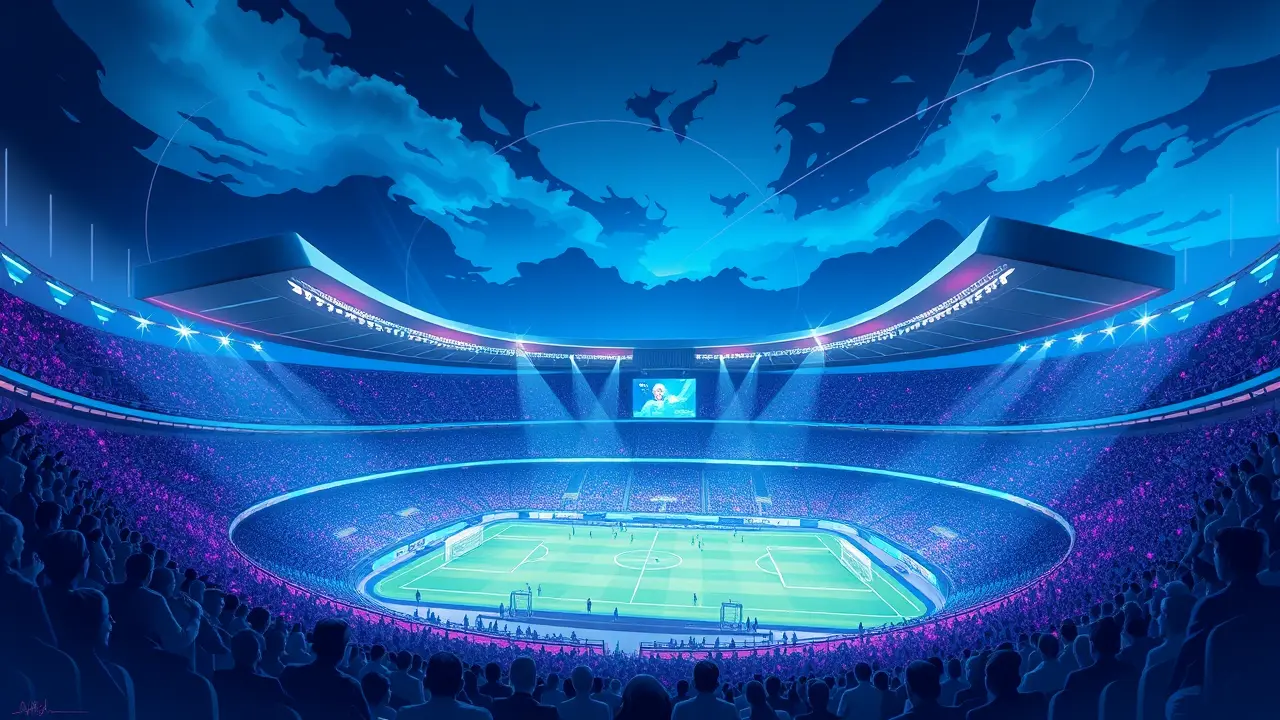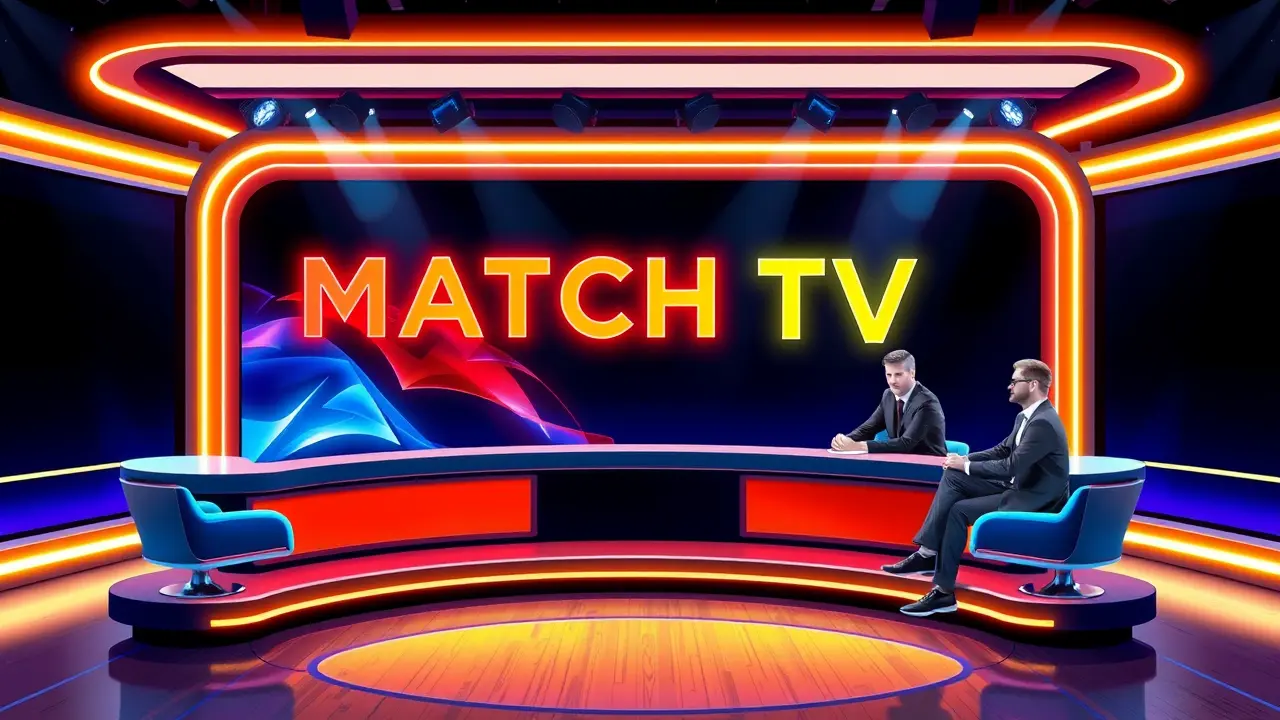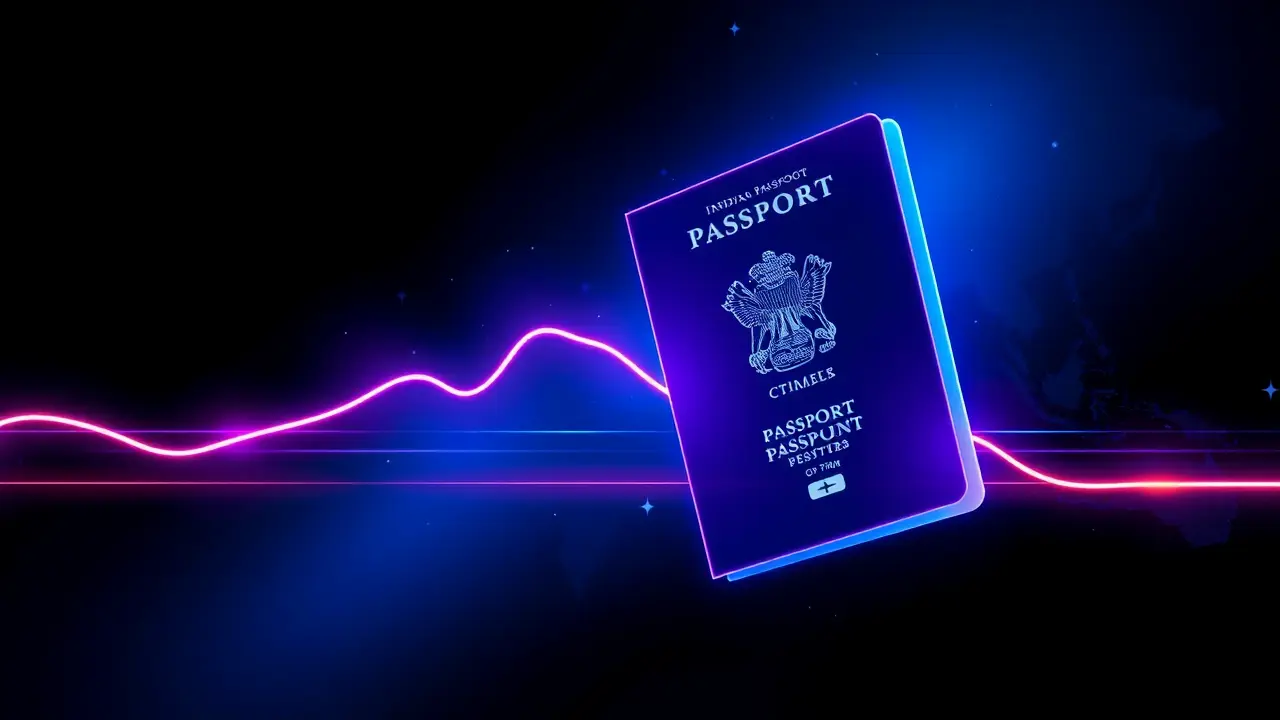
SporthockeyKHL
Hockey player Chmelevski on learning Tatar language as sign of respect.
JA
Jack Turner
6 days ago7 min read2 comments
The transition from Ufa to Kazan was, by Sasha Chmelevski's own admission, a profoundly challenging process, a seismic shift in his professional and personal life that tested his resilience far beyond the icy confines of the rink. Having arrived at Ak Bars from Salavat Yulaev in a September trade, the forward opened up about the difficulties of adaptation, a process he confesses has never come easily to him, harkening back to a childhood aversion to even changing schools.'The process was hard for me,' Chmelevski stated with a candor rare in the often-clichéd world of sports interviews, yet he was quick to laud his new organization, emphasizing that 'Ak Bars did everything for me and my family to adapt quickly to the team. ' This acknowledgment highlights the critical, often unseen, role a club's infrastructure plays in athlete welfare, a behind-the-scenes game of logistics and support that can make or break a player's performance.The real battle, however, was internal; the onus shifted to Chmelevski himself to integrate faster, a race against time and expectation where he felt he was initially lagging. 'It just took a little more time, but now I feel good,' he concluded, a simple statement belying the complex psychological journey of an athlete re-establishing his footing.When comparing his former and current cities, Chmelevski pinpointed a unifying, fervent passion for hockey, identifying it as the undisputed number one sport in both republics, a cultural constant that provides a thread of familiarity. Yet, he contrasted the scale and vibrancy of his new home, noting, 'Kazan is much bigger – it's very pleasant and has a lot of entertainment,' painting a picture of a metropolis that offers a different kind of life off the ice.The most telling insight, however, and the one that truly separates Chmelevski's narrative from a standard player relocation story, is his deliberate foray into the Tatar language. Revealing that his wife is Tatar, he framed his linguistic efforts not as a mere hobby but as a genuine, personal commitment.'I will be learning,' he declared, already possessing a foundational grasp of a few words 'like everyone. ' But his motivation transcends personal connection; it is a calculated and deeply respectful nod to the fanbase and the republic itself.He displayed a sharp awareness of the local culture's nuances, stating, 'I know that in Tatarstan, fans love such little things – it pays tribute to the republic. ' This act is a masterclass in cultural intelligence, a small but significant gesture that can forge an unbreakable bond between a player and his new community.It’s a move that echoes the ethos of legendary sports figures who understood that winning hearts is as crucial as winning games. Chmelevski’s pledge—'When I can learn a few new words or sayings, I will try to voice them'—is more than a soundbite; it's a strategic investment in his legacy at Ak Bars, demonstrating a level of maturity and respect that often separates merely good players from beloved icons. In the high-stakes analytics of modern hockey, where Corsi and Fenwick dominate conversations, Chmelevski is focusing on a different metric entirely: the immeasurable currency of respect and cultural integration, a play that could very well be his most assist in a Kazan jersey.
#hockey
#KHL
#Ak Bars
#Sasha Chmelevski
#adaptation
#Tatar language
#featured
Stay Informed. Act Smarter.
Get weekly highlights, major headlines, and expert insights — then put your knowledge to work in our live prediction markets.
Related News
© 2025 Outpoll Service LTD. All rights reserved.













